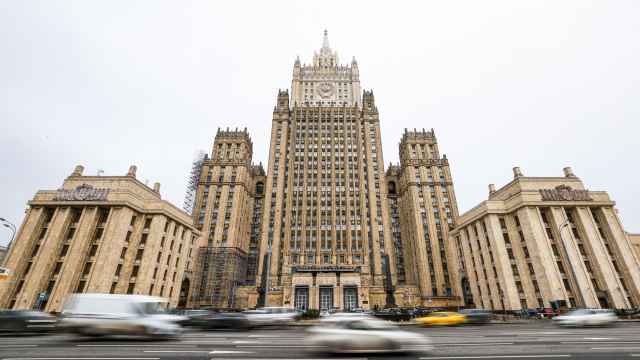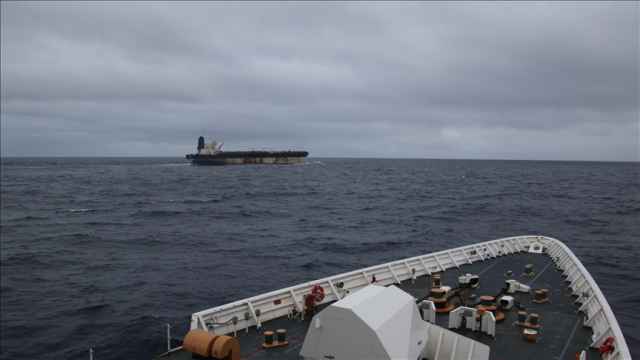FRANKFURT — German consumer goods group Henkel forecast a tough six months ahead with political turmoil in Russia, its fourth-largest market, and volatile exchange rates hurting sales.
Chief executive Kasper Rorsted said he expected growth in earnings per share to slow in the second half of 2014 after the company posted a 3.5 percent decline in second quarter sales.
"We had a good second quarter, but we are also dealing with the current political unrest and reality in eastern Europe," Rorsted said.
Henkel, which makes Persil washing powder and Schwarzkopf hair products, reported organic sales growth just short of analysts' consensus, up 3.3 percent to 4.14 billion euros ($5.53 billion). But when the impact of weak emerging market currencies and the strong euro against the U.S. dollar was taken into account, sales declined for the fourth quarter in a row.
Henkel's shares fell 3.4 percent to 79.65 euros by 08:18 GMT, making them the biggest decliners on Germany's blue-chip DAX index, which was down 0.3 percent.
Rorsted said, however, that he did not see the group's full-year outlook — a high single-digit percentage rise in underlying EPS and organic sales growth of 3-5 percent — at risk.
He forecast currency effects to cause another decline in sales in the third quarter before a turnaround in the last three months of 2014 but warned that business in eastern Europe, where sales fell 7.5 percent in the second half, would worsen due to the Russia-Ukraine crisis.
The European Union and the United States have tightened sanctions against Russia — where Henkel makes annual sales of about 1 billion euros ($1.3 billion) — in the strongest international action yet over Moscow's support for rebels in eastern Ukraine.
Henkel recorded an increase in sales in Russia in the first half of the year, but Rorsted said the group was now starting to see signs of a significant slowdown there, and warned that other conflicts such as those in Gaza and Iraq, would affect the general business climate.
"The challenges in the market environment, especially of geopolitical nature, seem to be persisting as we can see by the recent developments in Israel and the Middle East, in Russia and Ukraine," he said.
A Message from The Moscow Times:
Dear readers,
We are facing unprecedented challenges. Russia's Prosecutor General's Office has designated The Moscow Times as an "undesirable" organization, criminalizing our work and putting our staff at risk of prosecution. This follows our earlier unjust labeling as a "foreign agent."
These actions are direct attempts to silence independent journalism in Russia. The authorities claim our work "discredits the decisions of the Russian leadership." We see things differently: we strive to provide accurate, unbiased reporting on Russia.
We, the journalists of The Moscow Times, refuse to be silenced. But to continue our work, we need your help.
Your support, no matter how small, makes a world of difference. If you can, please support us monthly starting from just $2. It's quick to set up, and every contribution makes a significant impact.
By supporting The Moscow Times, you're defending open, independent journalism in the face of repression. Thank you for standing with us.
Remind me later.





